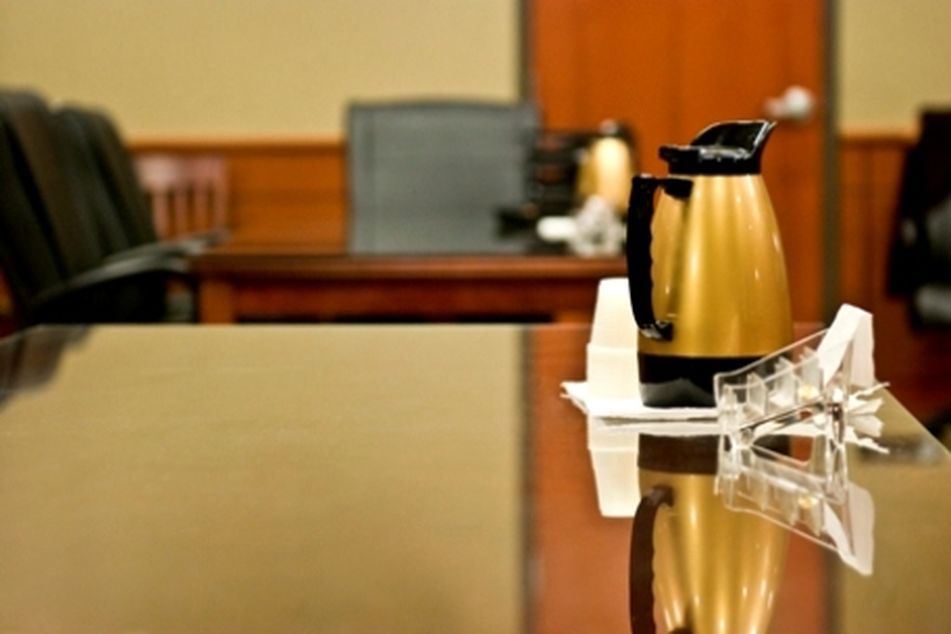Critics slam Finra panel ban plan

Critics skewered a new proposal by Finra to bar ex-officials at the SRO from representing clients in disciplinary hearings conducted by the regulator. So what's all the fuss about?
Former officers of the Financial Industry Regulatory Authority Inc. would be banned from representing industry clients in Finra disciplinary cases under a proposal the self-regulatory organization filed last Friday. But critics of the plan, aimed at ending any perception of a “revolving door” between the industry and the regulator, are unimpressed.
The rule would restrict former Finra vice presidents, senior vice presidents and higher ranking executives who are also attorneys from appearing on behalf of clients before Finra hearing officers, hearing panels, the National Adjudicatory Council and the Finra board.
The proposal would safeguard “against former Finra officers’ potentially exerting undue influence in Finra proceedings,” Finra said in its rule filing.
The prohibition would also ban former Finra officers from appearing on behalf of a witness or acting as an expert witness for a respondent.
“It’s a reasonable restriction to prevent the appearance of a ‘revolving door’ between Finra and the people it is supposed to regulate,” said Hardy Callcott, a partner at Bingham McCutchen LLP, and a former assistant general counsel at the Securities and Exchange Commission.
“The SEC has long had a rule that certain senior officials couldn’t appear before the SEC in any capacity” for a year after leaving the SEC, Mr. Callcott said.
“I don’t believe that officers who’ve left Finra and represented clients on the other side have exerted any type of undue influence,” said Joel Beck, founder of The Beck Law Firm LLC, and a former Finra enforcement attorney.
“But certainly in some instances, it creates a public perception on some fronts” that former big-name regulators can receive better treatment, he said.
The proposal wouldn’t affect the majority of the lawyers who work for Finra, Mr. Beck added.
Some don’t see the need for a prohibition.
“The missed opportunities by Finra and the SEC to address various major financial disasters or get the bad guys has nothing to do with former Finra or SEC officers getting jobs in the private sector,” said Sylvia Scott, a partner at Freeman Freeman & Smiley LLP, and a former Finra and SEC enforcement lawyer.
She said the proposal does not “address the fairness or effectiveness of the enforcement process,” which she contends spends too much time on inconsequential matters.
In addition, there is nothing magic about a one-year prohibition, said Alan Wolper, a partner at Locke Lord Bissell & Liddell LLP, also a former Finra lawyer.
After 366 days, the supposed ‘perception of fairness’ suddenly springs into existence?” he said.
“The one-year time period we now have in place mirrors other financial regulators with similar prohibitions,” said Finra spokeswoman Nancy Condon in an email.
Even if they sit out for a year, former top enforcement officials won’t lose their effectiveness in defending clients, Mr. Beck said.
“They don’t lose their understanding of what happens [in a case], how the process works, and the rules and the regulations,” he said. “They would just be a bit more removed” from their former posts.
Learn more about reprints and licensing for this article.








